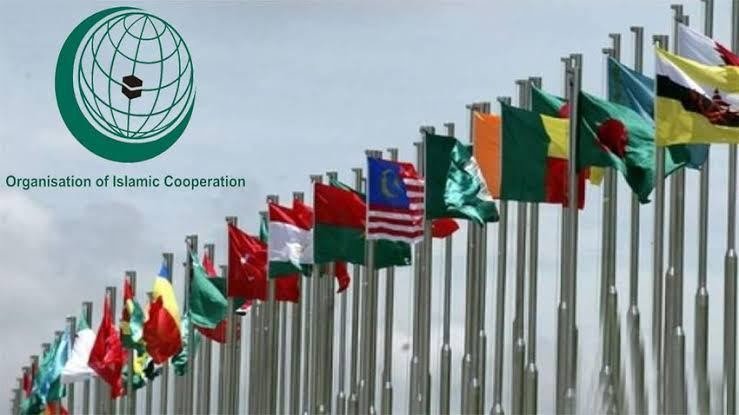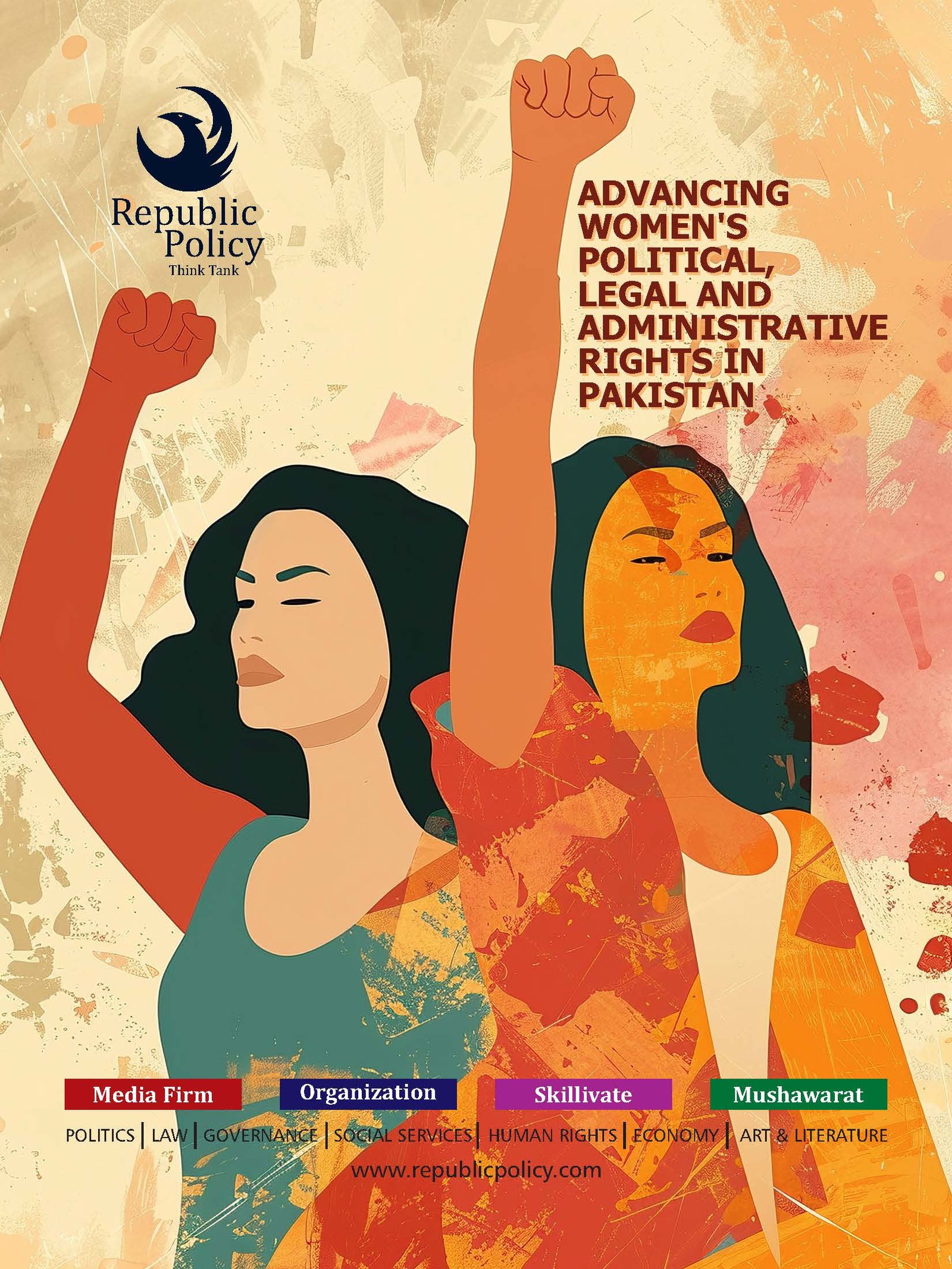Mudassir Rizwan
A knowledge economy is an economy where the generation and exploitation of knowledge play a predominant part in the creation of wealth. In a knowledge economy, a significant part of the labor force is involved in the production, distribution, and use of knowledge. This may include activities such as research and development, innovation, education, and information technology. The focus is on the utilization of intellectual capabilities to enhance the overall quality of life and economic prosperity. An important aspect of a knowledge economy is the emphasis on education, science, technology, and innovation as fundamental drivers of economic growth and development.
In today’s rapidly changing world, the influence of knowledge plays a pivotal role in determining the path of socio-economic progress. A striking example of the crucial impact of governance on development is evident when comparing Pakistan and Singapore.
Despite having limited natural resources and a population only a quarter of the size of Karachi, Singapore achieved a remarkable $390 billion in exports last year. This exceptional accomplishment is credited to the visionary leadership that recognized the vital role of innovation in driving progress within a knowledge-centric global environment. In contrast, Pakistan’s exports stagnate at $35 billion, falling even behind Bangladesh. This stark contrast underscores the urgent need for immediate and transformative action in Pakistan’s socio-economic development.
Pl subscribe to the Magazines of republicpolicy.com
Pakistan urgently requires unwaveringly honest, forward-thinking, and technologically proficient leadership that comprehends the essential nature of substantial investments in education, science, technology, and innovation (ESTI) for the country’s advancement. Embracing the ‘triple helix’ model for a knowledge economy, which emphasizes strong synergy between effective government policies, high-quality educational and research institutions, and a dynamic private sector, is paramount. Leveraging the vast potential of Pakistan’s youthful population, a source of hope and promise, is crucial for the nation’s progress and should be a cause for optimism.
Several groundbreaking innovations serve as transformative agents that drive economic transformation. For instance, researchers at Purdue University led the development of a specific fungicide, propiconazole, to enhance the cultivation of resilient and more productive corn plants that require fewer resources. Additionally, advancements in health sciences have unveiled compounds capable of slowing down the aging process and even reversing it, demonstrating the profound influence of scientific and technological advancements.
Information technology (IT) represents a pivotal force underpinning substantial socio-economic progress, as evidenced by the remarkable achievements of nations like India. Through strategic investments in technical education, supportive government policies, and a thriving private sector, India has emerged as a global IT powerhouse, with IT exports surpassing the $150 billion mark. Similarly, Estonia’s groundbreaking digital transformation through the e-Estonia initiative underscores the essential nature of integrating technology into governance to drive socio-economic advancements.
Undoubtedly, the neglect of education and science in Pakistan, stemming from ineffective governance, necessitates a radical and immediate overhaul of the governance system and the re-imagining of democracy before it’s too late. The urgency of this situation cannot be overstated. Prioritizing investments in education, science, technology, and innovation is critical for nurturing a knowledge-driven economy and steering the nation towards a prosperous future.
By drawing lessons from the success stories of nations like Singapore, India, and Estonia, Pakistan can devise a strategic vision that harnesses its youthful potential and propels sustainable socio-economic development. For example, Pakistan can adopt India’s model of investing in technical education and fostering a vibrant private sector, such as establishing more technical universities and providing tax incentives for IT companies. Or it can follow Estonia’s approach of integrating technology into governance, like implementing a national digital identity system and promoting e-governance. This entails implementing policies that strengthen high-quality educational institutions, champion research and innovation, and promote seamless collaboration between academia and the private sector. Through such concerted efforts, Pakistan can unleash its innate potential and fuel sustainable socio-economic development.
















